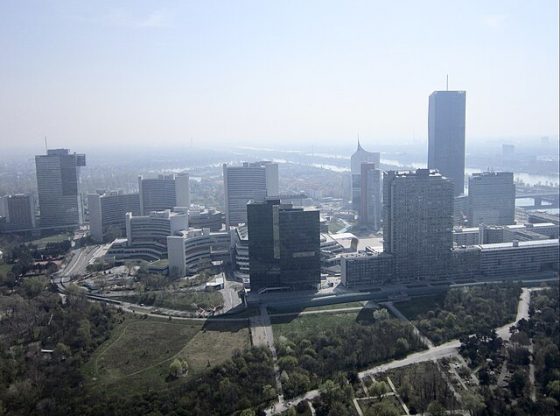Chicago voters shot down a referendum supported by Democratic Mayor Brandon Johnson that would have hiked taxes on more expensive homes to fund services to alleviate rampant homelessness, according to the Chicago Tribune.
The measure was voted on Tuesday but was called by The Associated Press on Friday night, with 46.8% of people voting yes and 53.2% of people voting no, according to the Tribune. The “Bring Chicago Home” tax would have hiked transfer levies on real estate with values over $1 million, with proponents saying it would generate around $100 million annually in revenue.
The city currently has a flat tax of 0.75% charged on property sales, which would have been lowered for houses under $1 million to 0.6% under the proposed rule, according to the Tribune. For properties over $1 million, the referendum would have instituted a progressive tax system where values from $1 million to $1.5 million would have been charged 2%, and anything beyond would be charged 3%.
Flashback: In February, our polling showed Chicagoans’ disapproval of Johnson’s handling of housing and homelessness at 68%.
The same poll showed 57% of Chicago voters disapproving of his performance overall.
“Bring Chicago Home” was the first major voter referendum on… pic.twitter.com/75JxRlwljh
— Illinois Policy (@illinoispolicy) March 22, 2024
The funds raised through the tax would have gone toward homeless services, including mental health care, for the around 68,000 homeless people in the city, according to the AP. Similar measures have been approved in Los Angeles, California, and Santa Fe, New Mexico.
Opponents of the measure argue that it would hinder owners of commercial buildings and businesses that have larger properties that are still struggling to recover from slowdowns resulting from the COVID-19 pandemic, according to the AP.
Commercial real estate across the country is struggling due to a lack of demand following the increased trend of employees working from home and high interest rates on debts that developers are struggling to pay off. Around $2.81 trillion in commercial real estate loans are set to come due through 2028 among American firms.
Chicago is one of several cities also struggling with a huge influx of migrants, with the city resorting to evictingthousands from the city and state shelters. Around 37,100 migrants have come to the sanctuary city since 2022, stretching housing and social service resources.
The city of Chicago did not immediately respond to a request to comment from the Daily Caller News Foundation.
Will Kessler on March 23, 2024
















